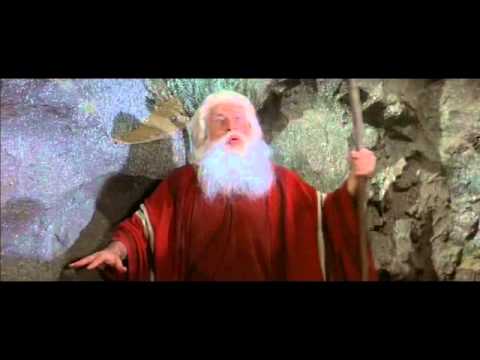
As you might guess, the whole concept of measurement is based on reporting honest data. But sometimes it isn’t possible. At one of our early clients, a work cell was created to manufacture the particular product of interest and the workers were asked to report the output of the cell each day and post it for all to see. Everyone in the shop knew the daily production output of this cell. It was reported on a continuous basis in big, bold numbers on a white board, totally visible to all employees.
Several weeks later, the owner noticed that the numbers were down from the previous day. He immediately jumped on the lead man in the work area, since he knew only one way to deal with problems: confrontation. The owner didn’t fully appreciate that in the War on Waste approach the concept of NO BLAME is an underpinning philosophy. We reminded him and he retraced his steps and apologized to the lead man.
His actions, however, gave us the idea for a different way to measure. We wanted an approach that would be based on a No Blame philosophy, wouldn’t point fingers, and yet would measure critical variables that we wanted to influence. But we wanted “Honest Data.” The “No Blame” concept is the basis of War on Waste’s measurement process. ‘No Blame” and simplicity of measurement are the important ingredients of this process, as we lead our clients toward improved productivity. There is a key linkage between “No Blame” and “Reporting of Honest Data;” they go hand in hand. We often initiate discussion of the importance of honest data by showing a vignette from “History of the World: Part 2”. (Moses and the Ten Commandments) As you may recall, Moses (played by Mel Brooks) comes down from the mountain holding 3 tablets, and he speaks to the children of Israel, saying: “I bring you the fifteen…” Just then, he drops one of the tablets and exclaims: “Oy!” He then begins again. “I bring you the Ten Commandments.” This really makes our point about reporting of honest data. And it had a little humor as well.
